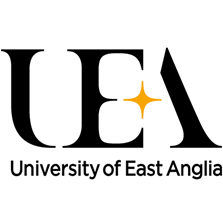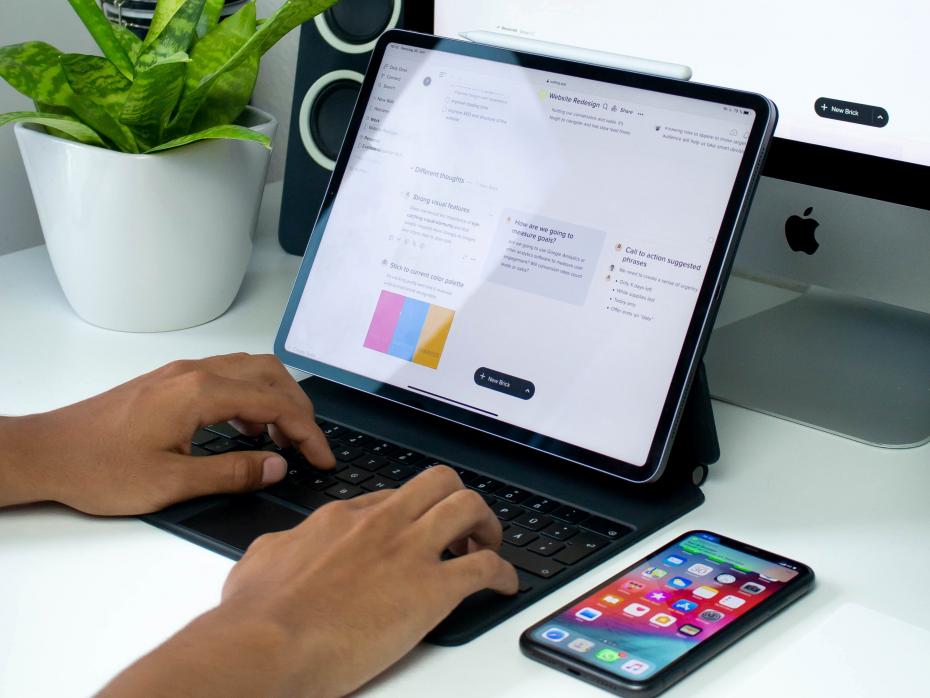
How to help students with widely varied prior education to thrive in first year
How can university educators ensure their first-year teaching caters to widely varying prior knowledge and skills among students? Bethan Gulliver explains a three-pronged approach
You may also like
Popular resources
Students arriving at university this summer may have completed A levels, T levels, BTEC, foundation years, access or international courses. Many will have suffered gaps in their education due the effects of the Covid-19 pandemic. This makes it more difficult to predict what knowledge or skills our students will have when they arrive with us. Where do we start when planning our teaching? We suggest here that using a three-pronged approach – focused on improving knowledge, skills and well-being – can help mitigate differences in prior learning and experience and allow all students to achieve their potential.
1. Plug knowledge gaps
Threshold concepts, the fundamental prior knowledge required for learning a topic, can be communicated to students through virtual learning environments (VLEs). Links made within VLEs to “reusable learning objects”, materials covering the threshold knowledge for that week’s learning activities, can help students to diagnose and address knowledge and skills gaps before “traditional” timetabled teaching sessions.
- THE Campus spotlight: The art of collegiality and why it matters
- Get yourself a teaching buddy to help you thrive
- Pedagogical wellness specialist: the role that connects teaching and well-being
The concept of the “digital native” is misleading as many students, particularly those from disadvantaged backgrounds, may have had few opportunities to develop their academic digital skills or confidence. We find it useful to start the academic year by introducing students to the resources available to them with sessions and scavenger hunts demonstrating how to navigate the VLE and the university library. Resources placed on VLEs need to be clearly signposted and students shown how to access and when to use them. We have designed our module sites so that material is organised into weekly topic chunks, short how-to videos and weekly module checklists emailed to students to encourage engagement.
Required knowledge can be packaged into bite-sized reusable learning objects, each addressing a single concept or idea. These objects may be as simple as a short video clip, an explanation to camera or a diagram annotated with the software package VideoScribe. We often use Padlet to collect useful resources on a topic and to encourage students to engage with, add to and comment on the material. Over the course of a year, a bank of relevant and effective resources is built up, lessening the preparation burden for lecturers.
2. Improve study skills
Each student is unique, and they arrive with varying skills and experiences. However, certain student characteristics – BAME, commuters and carers – are linked to reduced chances of achieving a high degree classification. Skills sessions focused on developing independent learning, critical thinking, assessment literacy and academic integrity can help to combat this attainment gap.
We may recognise the differences in the skills needed at school or FE from those required at university, but how many lecturers explicitly tell students what these are? Particularly with respect to active engagement in taught sessions or time management. Our students are likely to continue to use the strategies and skills they developed for success at school and college unless we communicate our different expectations.
Skills sessions need to be embedded into the curriculum, tailored and relevant to the needs of the course and the students. These will change over time but note-taking, decoding examination questions, extracting information from graphs, and reading and referencing academic papers are relevant to most students and easily covered in a weekly skills session. Post-Covid-19 online assessments and open-book examinations are more commonly used at university but not in colleges or schools. These may require a very different skill set from those of traditional examinations, with knowledge being less important than the ability to access that knowledge and to apply it appropriately. Online examinations reward those with good note-taking and organisational skills rather than those with good memories.
3. Address well-being
It is an age-old question: how can lecturers encourage engagement with sessions not directly related to examined content? One solution is working with students to produce well-being sessions tailored to their needs and embedding these sessions within the curriculum.
Concern over the poor mental health of UK students predates the pandemic. Students are more likely to suffer mental health issues than their peers outside higher education and the gap widened during the pandemic. The Higher Education Funding Council for England, Advance Higher Education, Universities UK and Student Minds, among others, are all working together to improve student well-being. However, despite the increased focus on student support, less than half of students reported feeling that their well-being was being adequately supported in the 2021 Office for Students National Student Survey.
Learning loss cannot be addressed until the student’s well-being is addressed. Acquisition of skills and knowledge occurs best when students are comfortable, socially and emotionally, and are feeling psychologically safe. At the University of East Anglia, the student support team has run well-being sessions covering study planning, managing stress and emotions, building resilience and men’s mental health. Academic staff attended sessions alongside students, leading to discussions on aspirations, motivation for study and the effect of the crisis in student engagement on both staff and student well-being, and these continued throughout classes later in the semester.
The pandemic and its effects have been described as a “permacrisis”, and young people who have suffered learning loss as a result will be working their way through the education system for some years yet. Added to this is the ongoing cost-of-living crisis, which will likely exacerbate existing inequalities. Improving students’ ability to learn requires a holistic approach using innovative methods, through which they can develop their knowledge and skills and manage their own well-being.
This advice is based on presentations by Charlie Williams, the widening participation academic outreach officer for the Norwich Medical School; Araida Hidalgo-Bastida and Katherine Hargreaves, lecturers at Manchester Metropolitan University; and Helen Leggett, a lecturer in the School of Biological Sciences at the University of East Anglia.
They were speaking at a Heads of University Biosciences online workshop on “Fundamental Biosciences: what foundations do students need for success in their study of Biosciences?” held by the University of East Anglia.
If you would like advice and insight from academics and university staff delivered direct to your inbox each week, sign up for the Campus newsletter.




